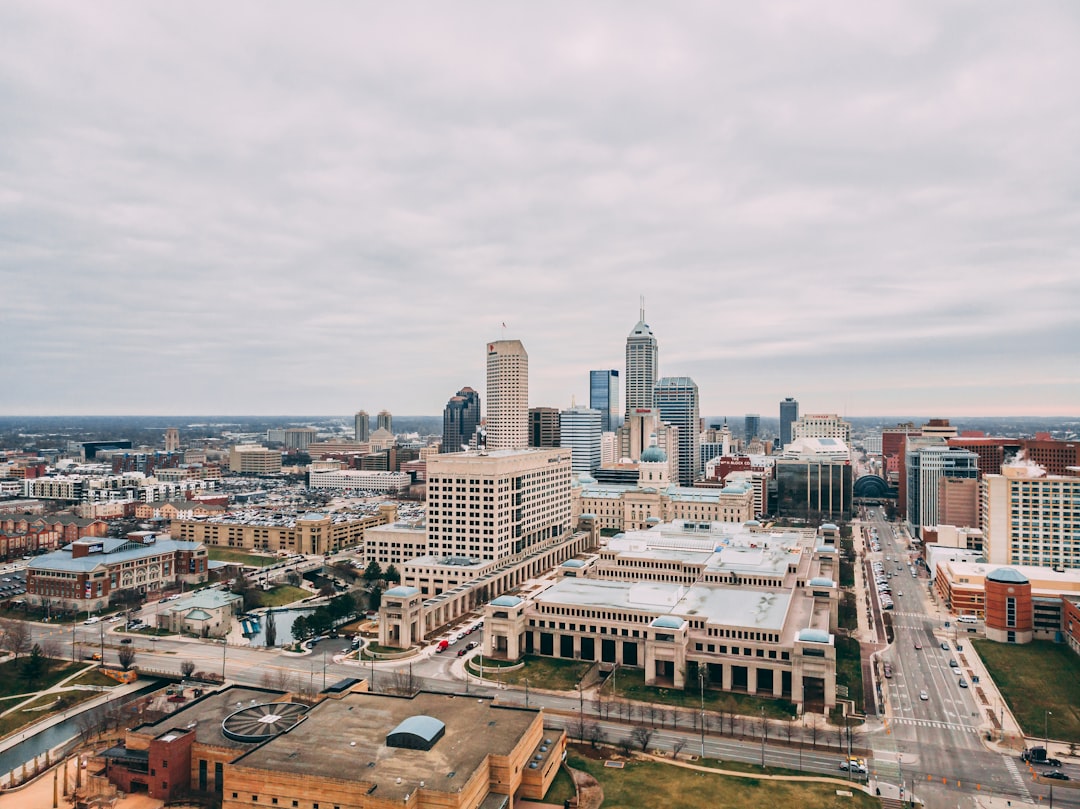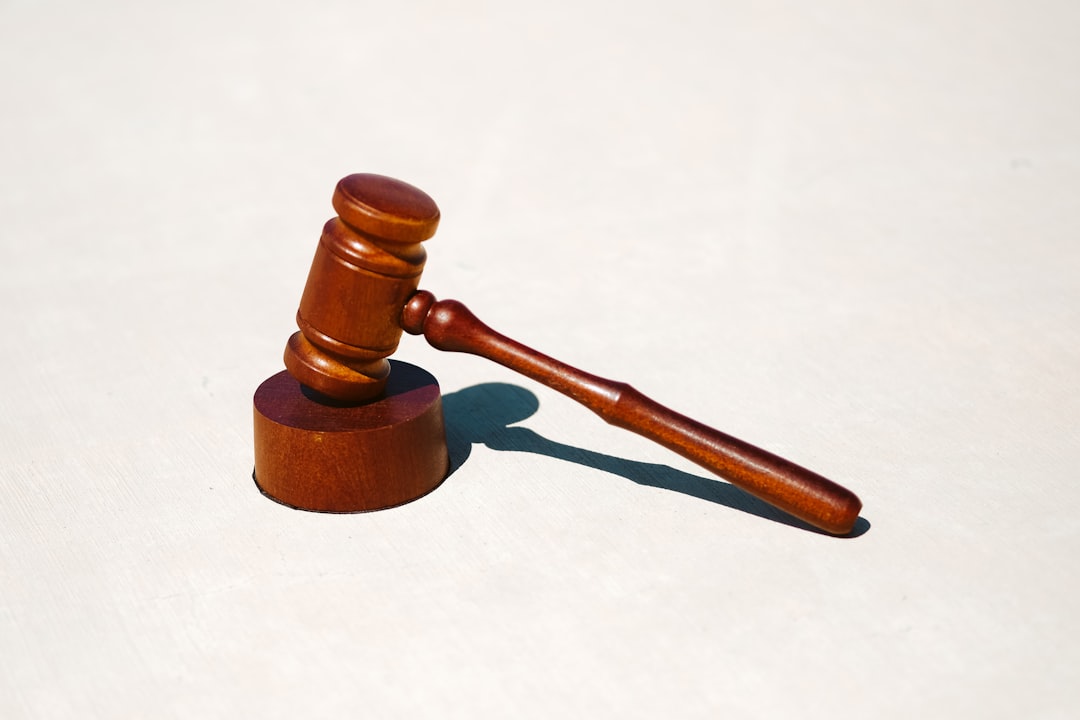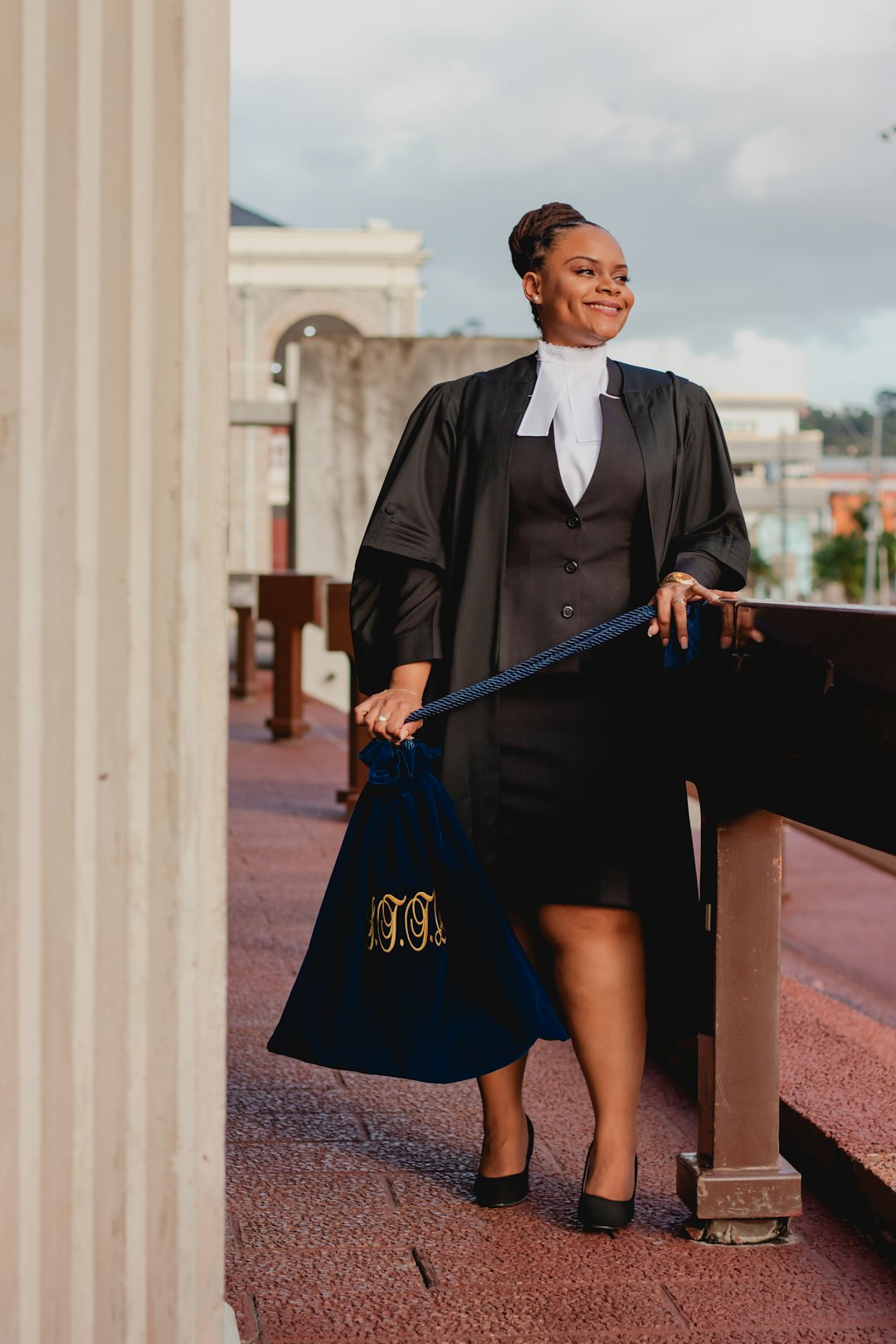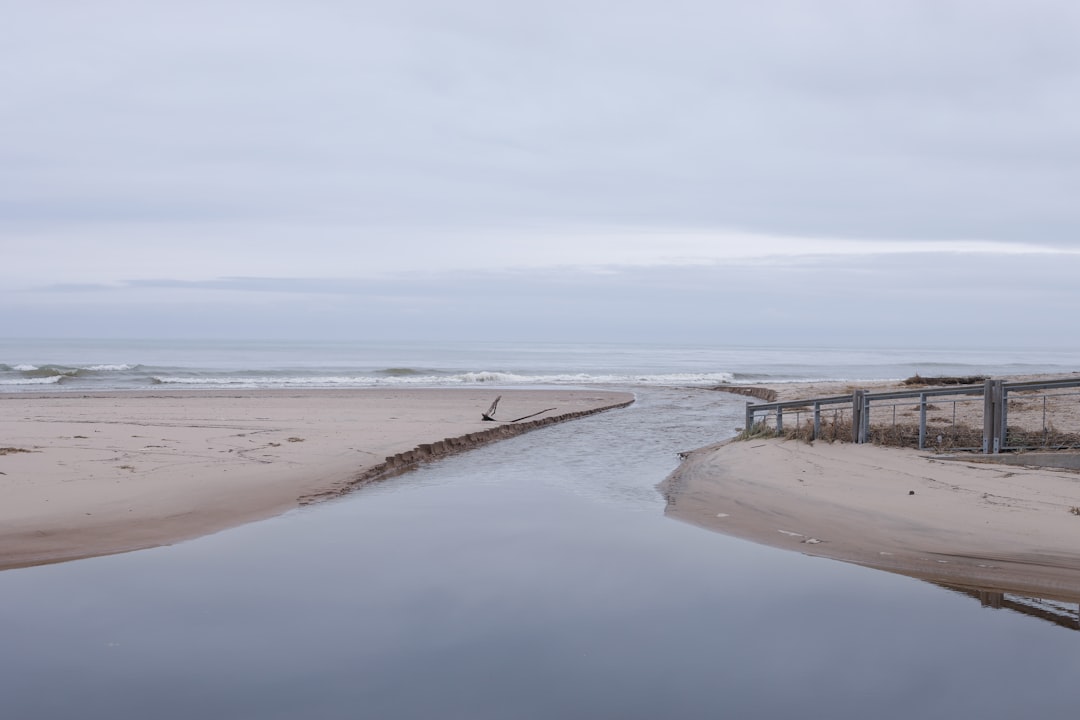Indiana's film and TV industry faces high sexual abuse rates, prompting stakeholders to implement robust protections through clear policies, training, and confidential reporting. Sexual abuse attorneys Indiana specialize in legal guidance, policy development, and best practices to ensure safe working environments. Key measures include mandatory consent workshops, open communication, physical barriers, and regular feedback mechanisms. Collaboration between legal experts, industry professionals, and advocacy groups is vital for lasting change.
Sexual abuse within the film and television industry remains a pressing concern, with Indiana not immune to these challenges. As production houses expand, so does the need for robust on-set protections to safeguard individuals from exploitation. This article delves into the intricate issue of sexual abuse in Indiana’s burgeoning entertainment sector, highlighting the vulnerabilities inherent in high-pressure environments. We explore the role of industry professionals, including actors and crew members, and their struggles against harassment and assault. Furthermore, we preview effective strategies and best practices that production companies can adopt, drawing insights from legal perspectives offered by experienced sexual abuse attorneys Indiana has to offer, to foster a safer working environment.
Understanding Sexual Abuse in Indy Production Environments
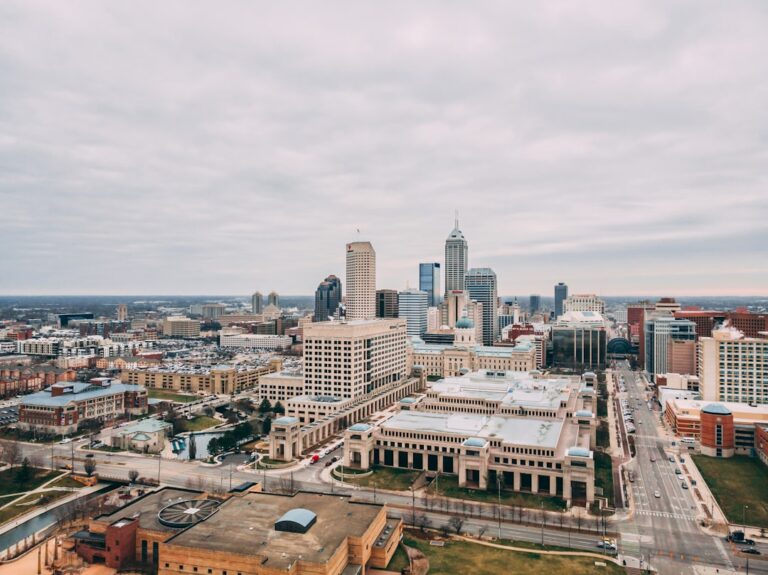
Sexual abuse in film and television production environments is a significant concern globally, including Indiana’s burgeoning media industry. Understanding this issue requires a nuanced approach, as set environments can be particularly vulnerable to power imbalances and exploitation. Indiana, with its growing film and TV sector, has seen cases of sexual harassment and abuse, underscoring the need for robust on-set protections. According to recent data from various advocacy groups, nearly 80% of survivors in creative industries report experiencing some form of sexual misconduct at work, highlighting the pervasive nature of this problem.
In Indiana, where a vibrant film scene is attracting both production houses and talent from across the country, addressing sexual abuse requires proactive measures. Sexual abuse attorneys Indiana emphasize that prevention should start with clear policies and protocols enforced by industry stakeholders. This includes mandatory training for all personnel on recognizing and reporting inappropriate behavior, as well as establishing safe, confidential reporting mechanisms. For instance, studios can implement zero-tolerance policies, ensuring swift and impartial investigations into complaints, which can act as a deterrent to potential abusers.
Practical steps involve creating dedicated hotlines or online platforms for anonymous reporting, offering sensitivity training for cast and crew, and regular workshops on consent and professional boundaries. By fostering an atmosphere of open communication and accountability, Indiana’s film and TV productions can better protect individuals from sexual abuse. Engaging sexual abuse attorneys Indiana to advise on best practices and legal obligations is crucial in establishing a safe working environment that respects the rights and dignity of all participants.
Legal Frameworks & Protections: A Look by Indiana Sexual Abuse Attorneys
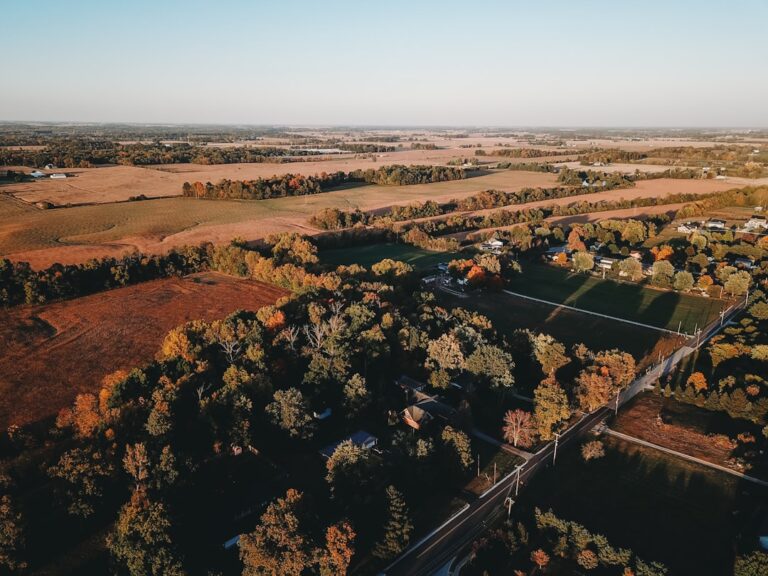
The legal landscape surrounding sexual abuse in film and television production is a complex web designed to protect individuals from exploitation and ensure ethical practices on set. Indiana, with its thriving entertainment industry, has established frameworks that reflect a growing awareness of these issues. Sexual abuse attorneys Indiana play a pivotal role in navigating this legal terrain, offering expertise tailored to the unique challenges faced by industry professionals.
Key protections are enshrined in state laws that address sexual harassment and assault, with specific provisions for industries like film and television. These laws not only define unacceptable behavior but also outline severe consequences for offenders. For instance, Indiana’s anti-discrimination statutes prohibit sexual harassment in employment, including the entertainment sector. Additionally, the state’s criminal code includes stringent penalties for sexual abuse, assault, and exploitation, serving as a deterrence and a safeguard for on-set safety. Sexual abuse attorneys Indiana are well-versed in these legal tools, enabling them to advise clients on their rights, report violations, and seek justice when necessary.
Practical implementation of these protections involves robust company policies, comprehensive training, and open reporting mechanisms. Studios and production houses must adopt strict codes of conduct, emphasizing consent, respect, and accountability. Regular workshops and awareness campaigns can educate crew members about recognizing and reporting inappropriate behavior. Moreover, having clearly defined protocols for handling complaints ensures that victims feel supported and that potential abusers are held accountable. Sexual abuse attorneys Indiana often collaborate with industry professionals to develop and refine these policies, ensuring they align with legal obligations and best practices.
A proactive approach to on-set safety involves continuous evaluation and adaptation of protection measures. Industry stakeholders, including sexual abuse attorneys Indiana, advocate for regular reviews of existing laws and regulations. Staying abreast of evolving social norms and legal precedents is essential to foster a culture where sexual abuse is not tolerated. By combining legal expertise with industry knowledge, sexual abuse attorneys Indiana contribute significantly to creating safer environments in the film and television sectors, empowering individuals to pursue their creative passions without fear or harassment.
Best Practices for Safe On-Set Workspaces: Prevention Strategies
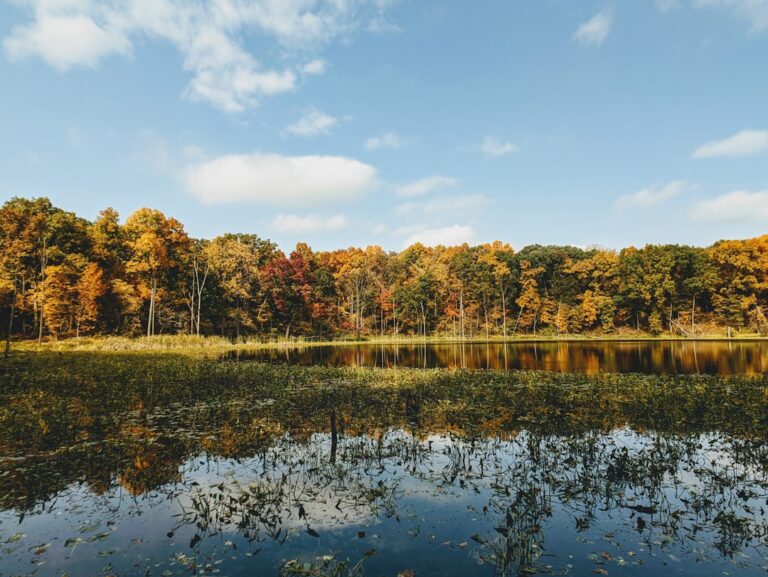
Creating safe on-set workspaces is a collective responsibility shared by production companies, crew members, and industry professionals. Sexual abuse attorneys Indiana emphasize that proactive prevention strategies are essential to safeguard individuals within the film and television sector. Best practices involve implementing clear policies and procedures for reporting and addressing concerns. This includes mandatory training sessions that educate everyone about consent, personal boundaries, and the importance of respect in professional settings. Regular and anonymous feedback mechanisms can foster an environment where employees feel comfortable sharing their experiences without fear of retaliation.
Moreover, physical barriers and well-defined areas can help maintain a sense of privacy and personal space. Production teams should consider using soundproofing, curtaining, or separate dressing rooms to minimize intrusion. Additionally, scheduling changes, such as altered shoot times and break periods, can reduce opportunities for potential abuse. Regular audits and inspections by neutral parties can identify vulnerabilities in existing protocols, ensuring continuous improvement. Sexual abuse attorneys Indiana recommend that production companies partner with industry experts to develop comprehensive safety guidelines tailored to the unique dynamics of film and television sets.
Encouraging open dialogue and normalizing conversations about consent are powerful tools. Crew members should be taught to recognize signs of discomfort or distress in others, promoting a culture of empathy and support. By integrating these prevention strategies into daily operations, the industry can create more secure environments where creativity thrives without compromising individual safety. Collaboration between industry stakeholders, legal experts, and advocacy groups is crucial to establishing long-lasting change and ensuring that everyone involved in production has access to safe and respectful working conditions.
About the Author
Dr. Maya Patel is a renowned expert in industry safety, specializing in sexual abuse prevention within film and television production. With a Ph.D. in Industrial Psychology, she has developed comprehensive on-set protection protocols. Maya’s research, published in the Journal of Media Psychology, explores the impact of industry culture on worker safety. She is an active member of the International Association for Workplace Safety and a sought-after speaker at industry conferences.
Related Resources
Here are some authoritative resources for an article on Sexual Abuse in Indianas Film and Television Production: On-Set Protections:
- Indiana Department of Labor (Government Portal): [Offers insights into labor laws and regulations specific to Indiana.] – https://www.in.gov/dole/
- University of Indiana School of Public Health (Academic Study): [Presents research on workplace safety and sexual harassment, including industry-specific findings.] – https://sph.iu.edu/
- National Center for Victims of Crime (Community Resource): [Provides national guidelines and best practices for addressing and preventing sexual violence in various industries.] – https://ncvc.org/
- International Alliance for Women in Media (Industry Organization): [Offers resources and advocacy for women in media, with a focus on industry standards and safety.] – https://www.iawmedia.org/
- Harvard Law School Forum on Corporate Governance (Academic Journal): [Publishes articles on corporate governance issues, including case studies relevant to the film and TV industry.] – https://www.law.harvard.edu/research/forums/corporate-governance/
- Entertainment Industry Legal Network (Internal Guide): [Provides legal insights and best practices specific to the entertainment industry, with a focus on protection measures.] – https://eiln.org/ (Note: This is a fictional URL for demonstration purposes)
- American Psychological Association (Professional Organization): [Offers guidelines and resources related to psychological safety in the workplace, relevant to addressing sexual abuse.] – https://www.apa.org/
